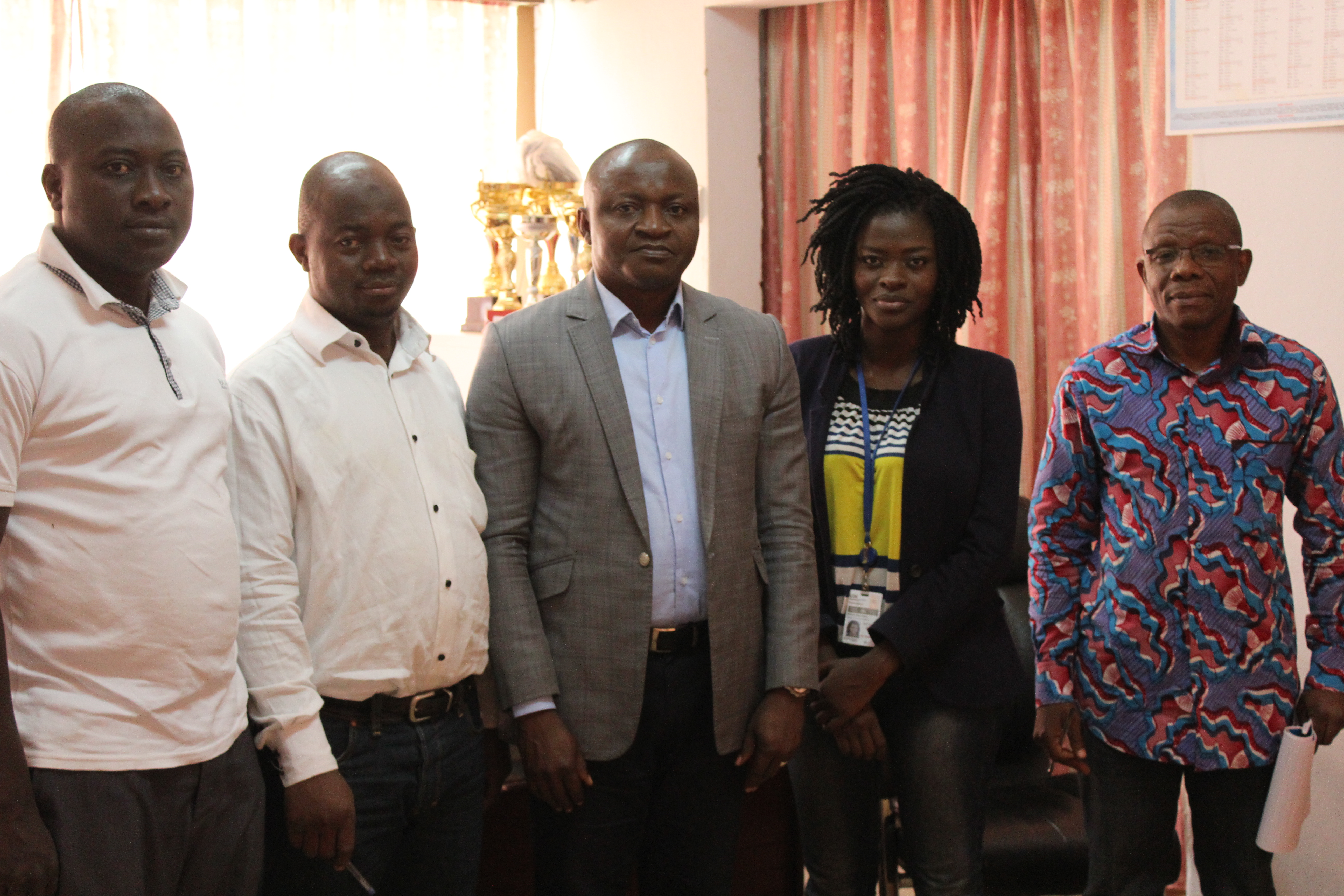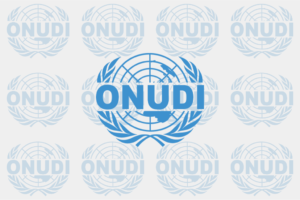
Cooperation between the Ivory Coast and UNIDO on the occasion of the 50th anniversary of UNIDO
Since the United Nations Industrial Development Organization (UNIDO) was established 50 years ago, it has accompanied Africa and supported in its fight against poverty and in its dream of prosperity.
Since 1976, alongside the Côte d’Ivoire authorities, UNIDO has undertaken to promote the acceleration of the country’s sustainable industrial growth. It also mobilizes its global resources and expertise to improve the living conditions of the Ivorian people.
UNIDO supports the Ivorian government in the implementation of its industrial policy, developing the private sector development, reviving vocational training, generating employment for youth and women developing renewable energies and preserving the environment.
Since 1996, UNIDO has greatly intensified its technical cooperation with the design and organization of the official launch of the African initiative, the Alliance for the Industrialization of Africa. It was also at the end of 1996 that UNIDO and the Ivory Coast begun the Master Plan for Industrialization, which began to be executed in early 1997.
Throughout the difficult period triggered by the armed conflict of 19 September 2002, UNIDO has continued to provide technical assistance to the population. Pending a quick exit from the crisis and at the request of the Government, UNIDO redirected its activities to an emergency Post-Crisis Programme (CPP) and the relaunch of industrial production sector activities. The aim was to support some productive sector activities in order to prevent the deterioration of the economy and support employment and revenue-generating opportunities for the most disadvantaged populations, particularly women and youth. For example, in 2012 a programme was implemented to develop the skills of young people. Following this initiative, more than 4,000 young people received certificates of acquired skills, in line with the demands of the labour market.
Following the conclusion of the Ouagadougou Political Agreement, the Ministry of Industry contacted UNIDO for technical assistance for the development of a national industrialization plan, including a national policy of promoting small and medium-sized enterprises (SMEs) and the private sector. The goal was the preparation of a strategic plan on a large scale, which would define the lines of industrial policy based on an analysis of the industrial sector in all its economic, political, social, technological, and commercial prospects. UNIDO responded with a financing agreement and the implementation of the New Industrial Policy Programme for the Ivory Coast. This is a political priority in the context of the post-crisis and economic revival of the Ivory Coast in the context of the effective implementation of the first National Development Plan (2012- 2015).
Operationally, UNIDO is supporting the private sector, thus contributing to strengthening the competitiveness of the Ivorian economy through its integration into the regional and global economy. The Organization is also engaged in upgrading and supporting Ivorian industries’ quality approach in order to promote « Made in Ivory Coast » exports both regionally and internationally. This involves the development of export consortia, the strengthening of audit institutions and the design and implementation of a national programme at the level of restructuring of Ivorian firms.
One of the challenges is employment, especially of youth and women, and the inclusion of vulnerable populations in the productive system. To this end, UNIDO has developed a support device to integrate young people, which combines vocational training, entrepreneurship, self-employment and the creation of income-generating activities. This is done through a mechanism that combines courses/training and access to finance for micro projects with high added value made possible by the establishment of a fund to support youth entrepreneurship. UNIDO also supports reform of the national vocational training system to better ensure synergies between training and the private sector’s needs.
For Africa, and especially for the Ivory Coast, achieving energy security by 2030 is a major challenge. UNIDO’s response to this challenge is its commitment to the Ivorian authorities to develop new sources of renewable energy. The organization is working on the development of mini-hydro, photovoltaic and biomass power systems to help meet the growing population’s need to access electricity in peri-urban and rural areas. Meanwhile, under the Montreal Protocol, UNIDO brings its experience to bear in the decontamination of chlorofluorocarbon pollutants (CFCs) from power plants, electricity generators, refrigeration equipment.
Today, the Government has set a goal of making the Ivory Coast an emerging country by 2020 with the adoption of a new National Development Plan (NDP 2016-2020). The new plan provides for a structural transformation of the Ivorian economy towards industrialization, value addition, job creation and inclusive development. The new UNIDO’s technical cooperation programmes support the Government’s new strategy. These programmes focus on strengthening the production-processing link to create more added value and decent sustainable jobs in large numbers for youth and women.




